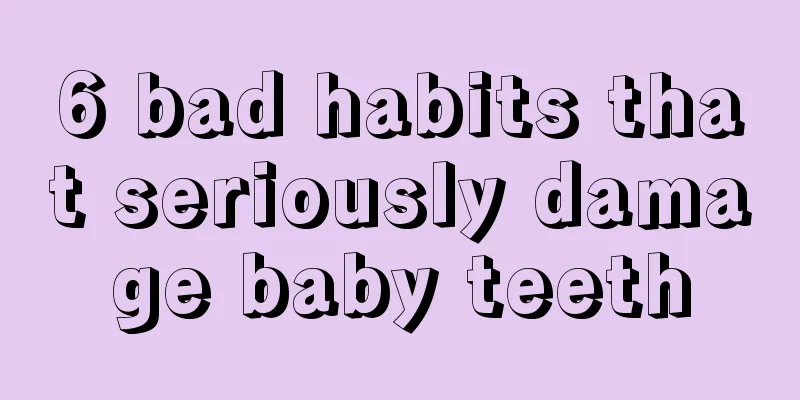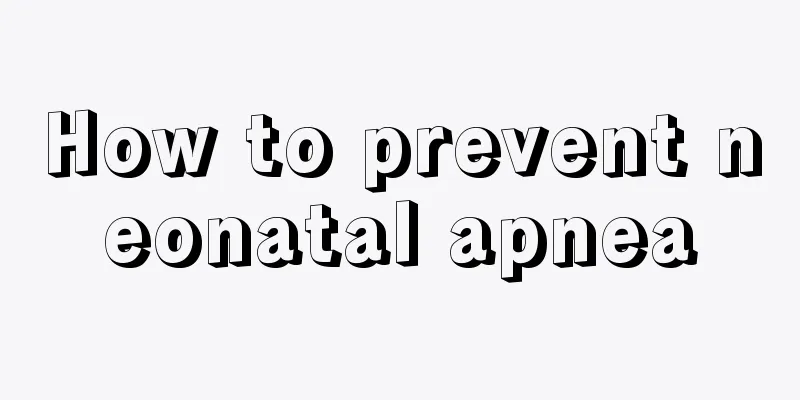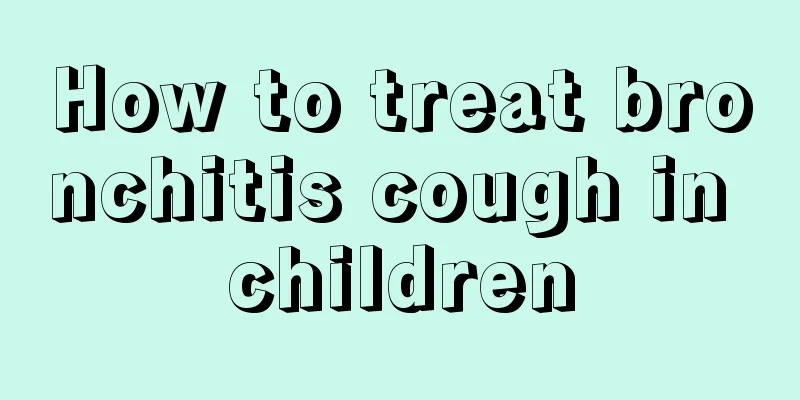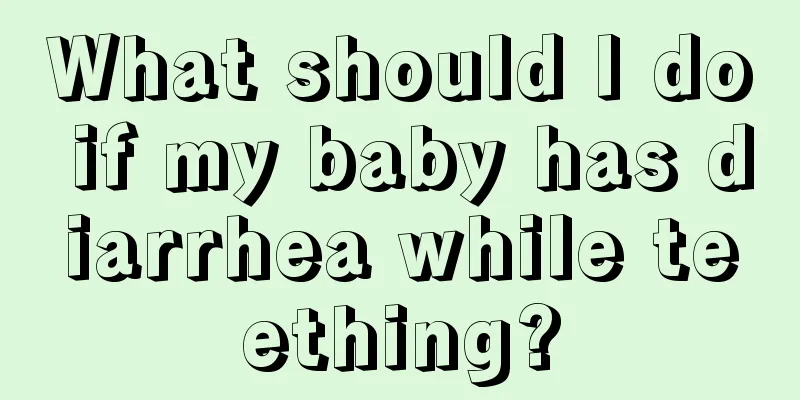6 bad habits that seriously damage baby teeth

|
Many expectant mothers often ignore the teething period during their baby's growth. The editor here reminds prospective parents that if you want your baby to have good teeth, in addition to letting your child develop the habit of brushing their teeth and having regular oral examinations from an early age, you should also be wary of your child's bad habits that damage their teeth.
1. Licking teeth and sticking out tongue It often occurs during the children's tooth replacement period. Children often use their tongues to lick loose deciduous teeth or newly grown permanent teeth, thus forming a bad habit of sticking out or extending the tongue. If you keep licking your upper and lower front teeth with the tip of your tongue, it will cause a partial opening and closing between the upper and lower teeth, and gaps will appear between the teeth. At the same time, it will cause the upper and lower jaws to shift forward, causing bimaxillary protrusion and opening and closing. If you lick your lower front teeth frequently, it may cause the mandible to shift forward, resulting in an underbite where the mandible protrudes forward. 2. Chewing on one side In the later stage of the development of children's deciduous teeth, due to the loss of deciduous teeth, the normal chewing function of one side of the teeth is affected, and children are prone to develop unilateral chewing habits. Unilateral chewing can cause the dental arch to rotate toward the chewing side, resulting in poor development of the unused side, causing the mandible to tilt toward the chewing side and leading to an asymmetrical face. Moreover, since the side that is not chewed often does not have food friction and scouring, it cannot clean itself and is more likely to accumulate dental plaque, which can easily lead to periodontal diseases such as caries and swollen gums. Normal breathing should be done through the nose, but if a child suffers from diseases such as rhinitis or adenoids hypertrophy, and the nasal passage is blocked, he or she will develop a habit of mouth breathing. If a child breathes through his mouth for a long time, his tongue and lower jaw will recede, which will lead to maxillary protrusion, narrow upper dental arch, and crooked teeth. The appearance is open lips and exposed teeth, short and thick upper lip, and protruding upper front teeth. 3. Bad sleeping habits Some babies are used to placing their elbows, palms, fists, etc. under one side of their face when they sleep, or they like to support one side of their cheek with their hand. These habits will affect the normal development of the child's maxillofacial area and the symmetry of the face. 4. Eating candy before going to bed When we go to bed at night, we rarely drink water, and most of the organs of the human body are resting, so the secretion of saliva is reduced. If we eat sugar before going to bed, the sugar will continuously produce lactic acid during the metabolism of bacteria, which will corrode the teeth to form cavities, thus causing tooth decay. 5. Chewing Many children like to chew their fingernails or the corners of clothes, cuffs, quilts, or suck on pacifiers. When biting these objects, they usually focus on a certain part of the teeth, so it is easy to cause a local gap between the upper and lower teeth. Over time, it is easy to form a small local opening and closing deformity of the teeth. Brushing your teeth too hard can cause excessive wear of the weak part between the enamel and dentin on the tooth surface, forming a wedge-shaped defect, causing tooth sensitivity, secondary caries, and even pulp exposure or gum damage and atrophy. 6. Picking your teeth randomly The gaps between teeth will gradually widen, making it easier for food to get stuck in between them. In addition, if the toothpick used for picking teeth is unhygienic, the gum mucosa will be broken and bacteria will enter when picking teeth, which may cause infection. Healthy deciduous teeth can ensure the normal development of permanent teeth and guide the normal eruption of permanent teeth. Many parents think that it doesn’t matter if their baby’s baby teeth are damaged because they will fall out eventually anyway. This idea is incorrect. Permanent teeth develop and erupt right below the deciduous teeth. If the caries of the deciduous teeth are particularly severe and affect the root tips of the deciduous teeth, it is very likely to affect the development of the permanent teeth below and cause tooth deformities. |
<<: Parents' tone of voice determines their children's emotional intelligence and IQ
>>: 10 taboos for new parents to take care of their babies
Recommend
Pelvic effusion in little girl
We know that there are two types of pelvic effusi...
What should I do if my child doesn’t fight back?
Children who go to school or play together often ...
What to do if your breastfed baby refuses to take the bottle?
Breastfed babies generally do not like to drink f...
Height and weight standard indicators for 11-year-old children
We all know that children's developmental ind...
Children blink frequently while watching TV
Television is now a very common household item, a...
How to prevent toothache in children
Toothache in children is a relatively common dise...
What causes children's joints to crack?
Joint clicking is a common phenomenon and is a co...
What to do if your two-year-old baby has phimosis
No matter what kind of disease a young baby has, ...
Symptoms of childhood rash
Because we all know that sometimes some diseases ...
How to grow taller for adolescent girls
Puberty is like a training class. Many changes wi...
Which parts of the body should be rubbed with alcohol when a child has a fever?
It is common for children to have a fever in life...
One month old baby enteritis symptoms
A one-month-old baby has a very weak stomach and ...
What should children eat to nourish their liver and kidneys?
I believe that many parents are very worried abou...
What to do about childhood obesity
Today's material living standards have greatl...
How to diagnose intestinal infarction in children
Pediatric intestinal infarction is a relatively c...









